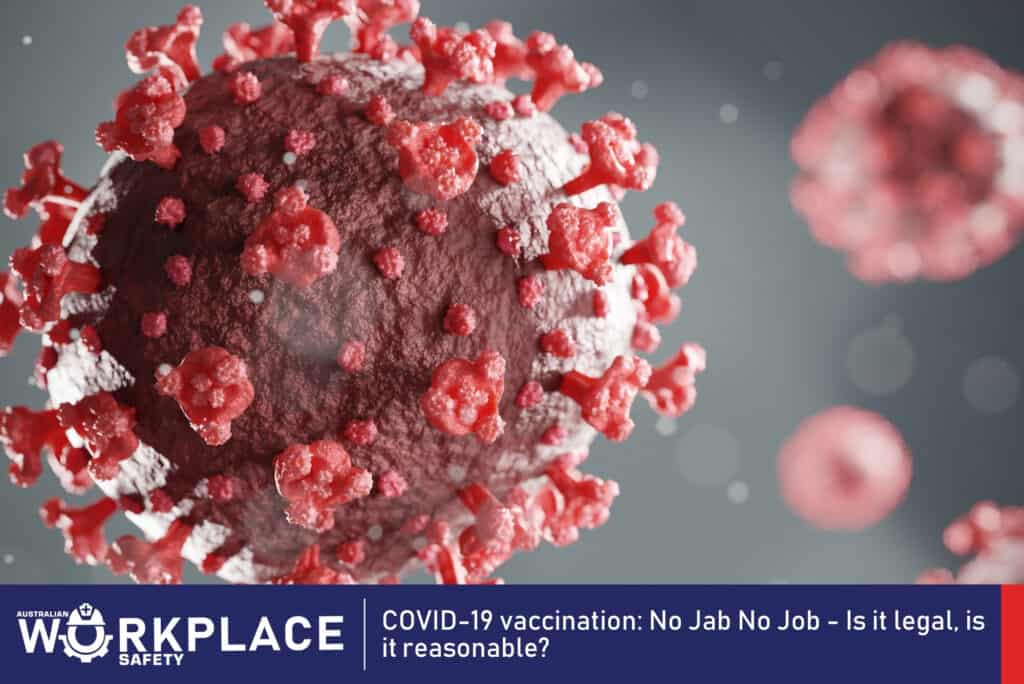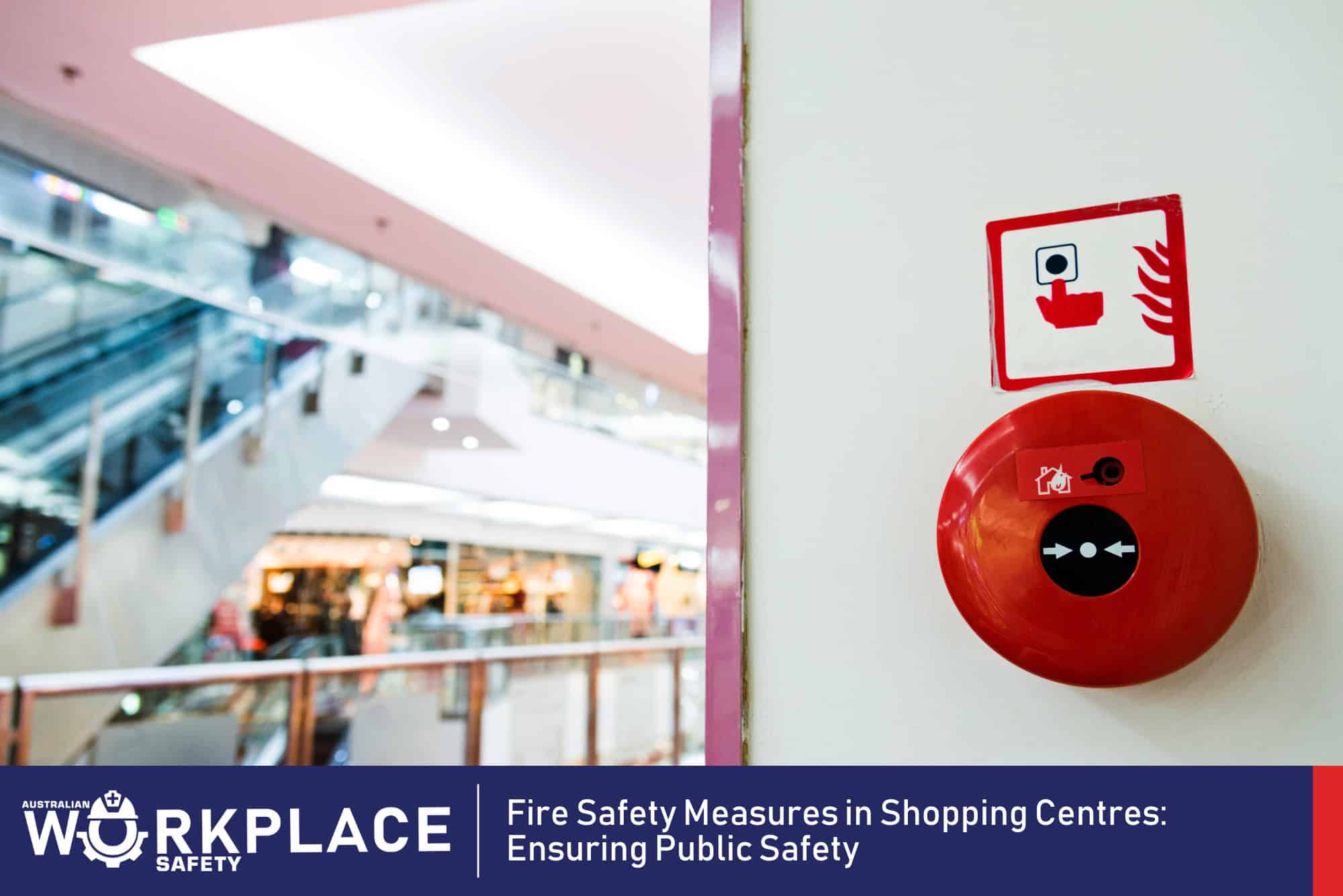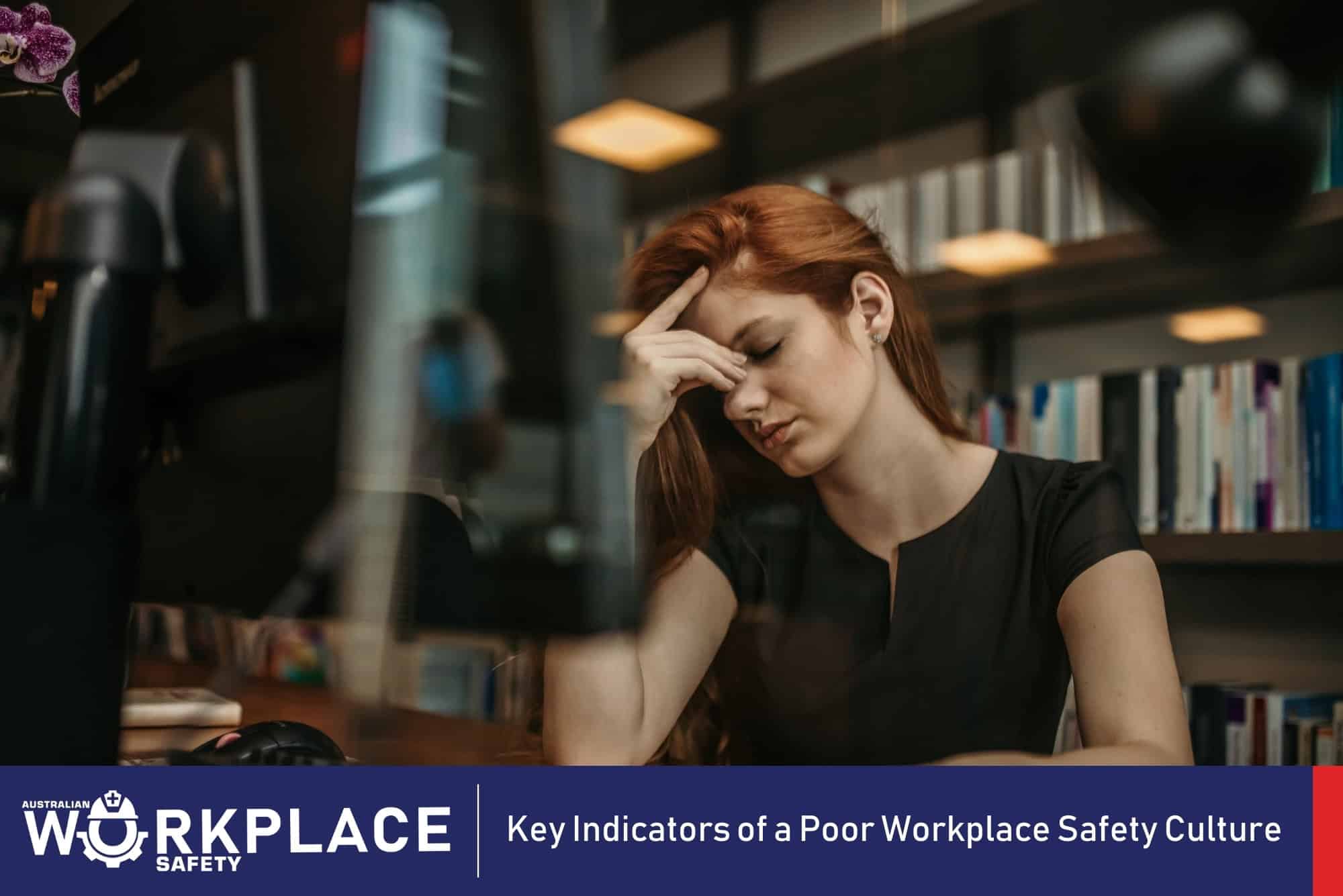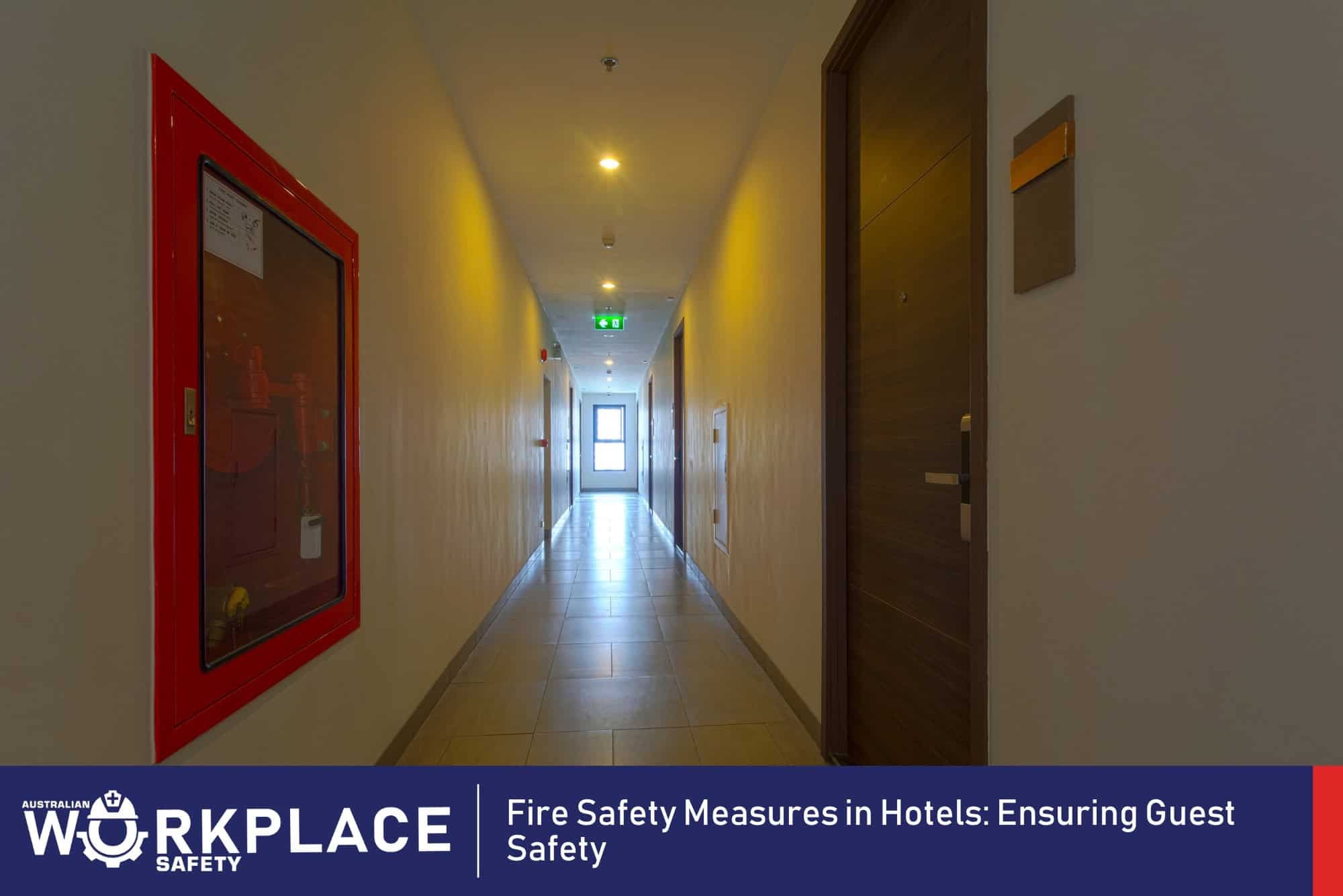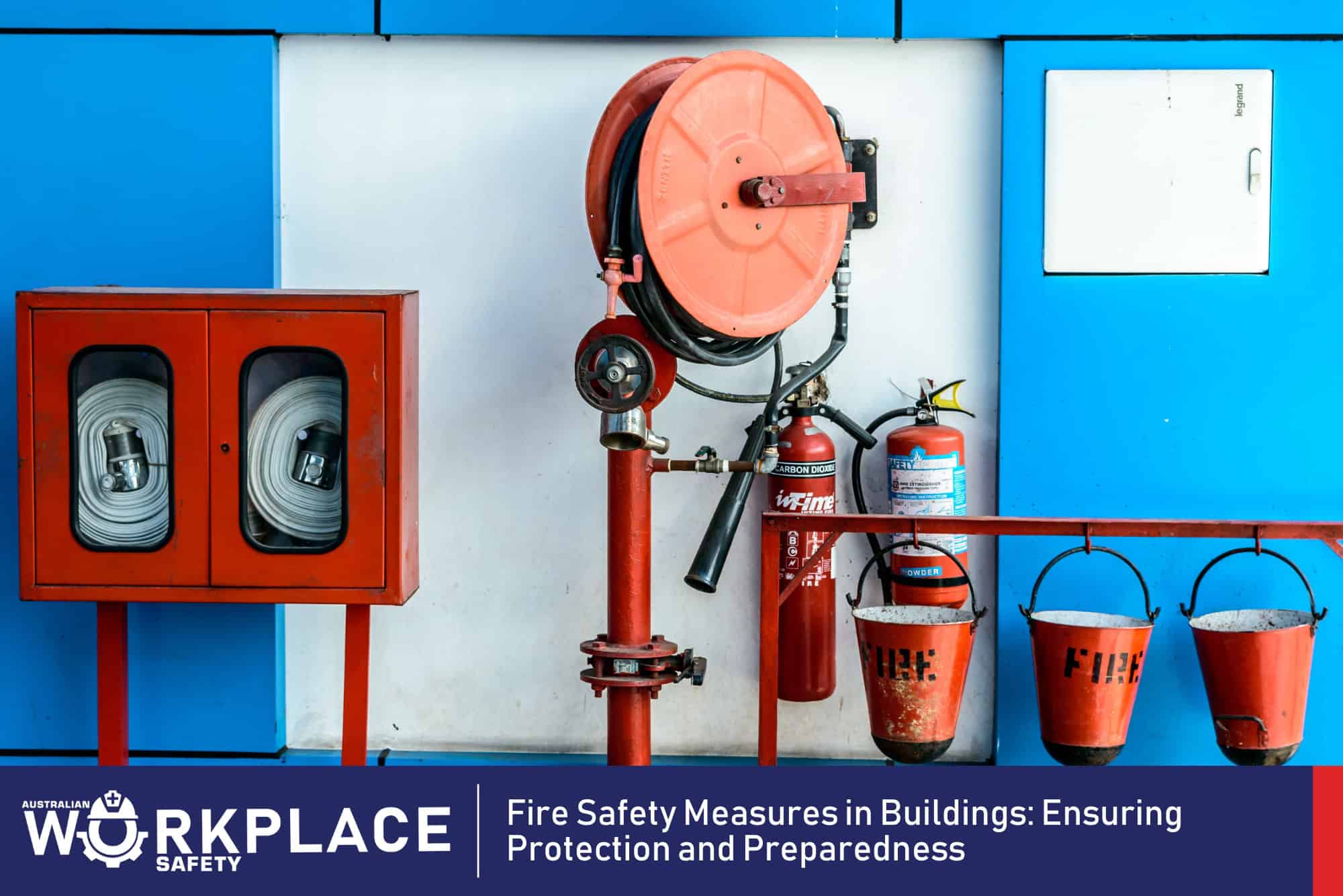Australia has begun the roll out of the COVID-19 vaccines which are the Pfizer and Astra Zeneca. The decision has been made to vaccinate the essential workers or fronting workers and those at high risk of being infected such as: Doctors and hospital workers, those in nursing homes, those hotel worker in the quarantined arrival into the country.
There is much skepticism which include people such as:
- Those that are anti-vaccines
- The opinion that the vaccines have been untried and rushed
- Reports of reactions to vaccines such as, blood clots and
- Those with pre-existing health conditions that need assurance of their safety
The WHS laws place a duty of care and an obligation on employers or a person conducting a business or undertaking (PCBU) to ensure the welfare and safety of the wider community and in particular their workers.
Preventative Strategies of the Virus
At the beginning of 2020, some of the preventative strategies were adopted and have remain in place. These include:
- adapting to work from home arrangements;
- reducing the number of workers on the premises by creating shift teams
- adhering to social distancing guidelines;
- erecting physical barriers as seen in banks and supermarkets
- ensuring important workers are segregated to prevent cross-contamination in the event a worker is infected; and
- providing personal protective equipment (PPE), sanitiser for the use of workers, suppliers and visitors to the premises.
Workplaces in Australia continue to rely on administrative controls and PPE to manage the risk of workers, their suppliers and other persons to prevent the spread of COVID-19.

Vaccine Acquisition and Roll Out Arrangements
The Australian Government has entered into agreements with vaccine manufacturers and has invested a reported $3.3 billion to ensure that Australia is well positioned to access safe and effective vaccines.
On the 21 March 2021, the Therapeutic Goods Administration was reported to have approved manufacture of the AstraZeneca COVID-19 Vaccine in Australia. This follows on from the 16 February 2021 approval by TGA of the overseas-manufactured AstraZeneca vaccine.
The recent vaccine rollout of the approved Pfizer-BioNTech vaccine had been allocated to those workers engaged with Australians returning from overseas, such as quarantine and border workers and frontline health care workers.
The next stage in the federal government plans has been to make the vaccine available to people aged 70 and over, Aboriginal and Torres Strait Islander people over 55 and younger adults with underlying medical conditions
Guideline for the Roll Out
The Safe Work Australia (SWA) has provided guidelines regarding the current vaccine rollout that places and reinforce an obligation that the person conducting a business or undertaking (PCBU) is to eliminate or, if not possible, minimise, so far as reasonably practicable, the risk of exposure to the SARS-CoV-2 virus (which causes COVID-19) in the workplace. This requires workplaces to consider whether any direction ought to be made for workers to be vaccinated when they are able to do so.
Safe Work Australia (SWA) also stated that it is too early to say if the COVID-19 vaccines will stop a vaccinated person from being infected with the virus; whilst employers or (PCBU) may not be able to completely eliminate the risk of workers being exposed to COVID-19 while carrying out work.
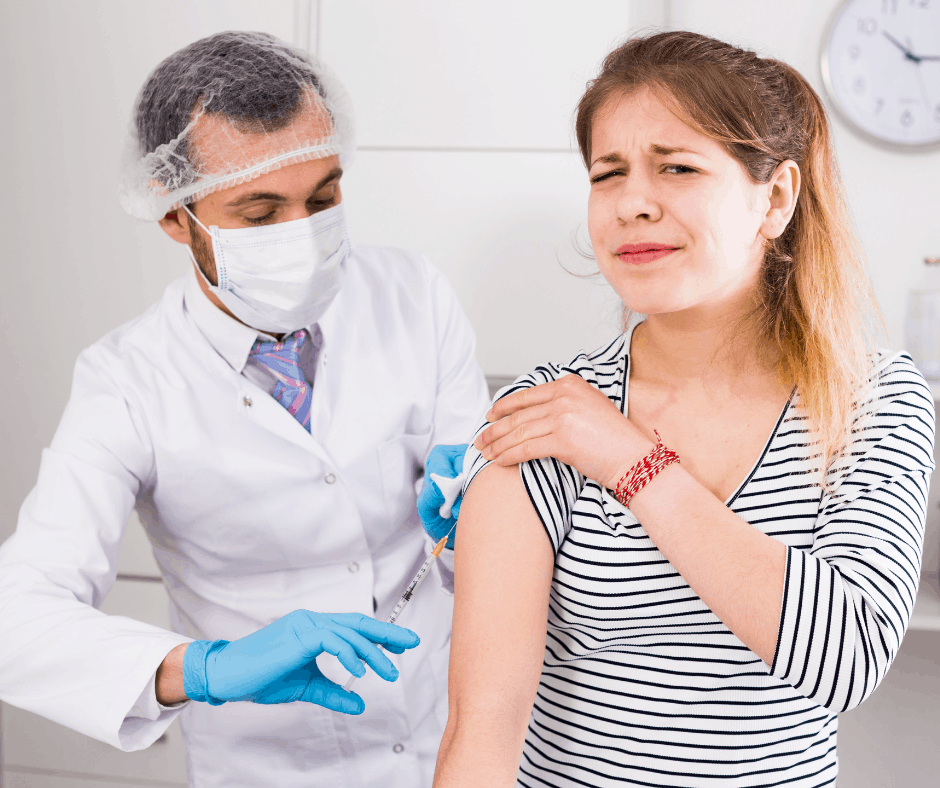
Workplace Liability
Given the circumstances, there is much debate on the liability of workplaces and the spread of the virus and the requirements for the vaccination of their workers. Employers/(PCBU) and workers are seeking clarity on their workplace rights and obligations as COVID-19 (coronavirus) vaccines become available in Australia.
Safe Work Australia (SWA) has addressed the issue in relation to employer liability under the WHS Act.
SWA has stated that:
“It is unlikely that a requirement to be vaccinated will be reasonably practicable.
This is because, for example:
- at present, public health experts, such as the Australian Health Protection Principal Committee has not recommended a vaccine be made mandatory in any industries
- there may not yet be a vaccine available for your workers
- your workplace is ‘low risk’, for example, your business is in a town with no community transmission or no customer facing roles, or
- some of your workers have medical reasons why they cannot be vaccinated.
However, ultimately whether you should require your workers to be vaccinated will depend on the particular circumstances at the time you are undertaking your risk assessment.”
Workplace Laws
The Australian Government’s policy is that receiving a vaccination is voluntary, although it aims to have as many Australians vaccinated as possible.
In some circumstances, an employer may require their employees to be vaccinated against coronavirus. This is highly fact dependent, taking account of the particular workplace and each employee’s individual circumstances.
Relevant factors an employer should consider will include:
- “whether a specific law (such as a state or territory public health law) requires an employee to be vaccinated
- whether an enterprise agreement, other registered agreement or employment contract includes a provision about requiring vaccinations
- if no law, agreement or employment contract applies that requires vaccination, whether it would be lawful and reasonable for an employer to give their employees a direction to be vaccinated (which is assessed on a case-by-case basis).
Additional considerations may include whether employees have a legitimate reason for not being vaccinated (for example, a medical reason), and how protections for employees under anti-discrimination laws may apply.”
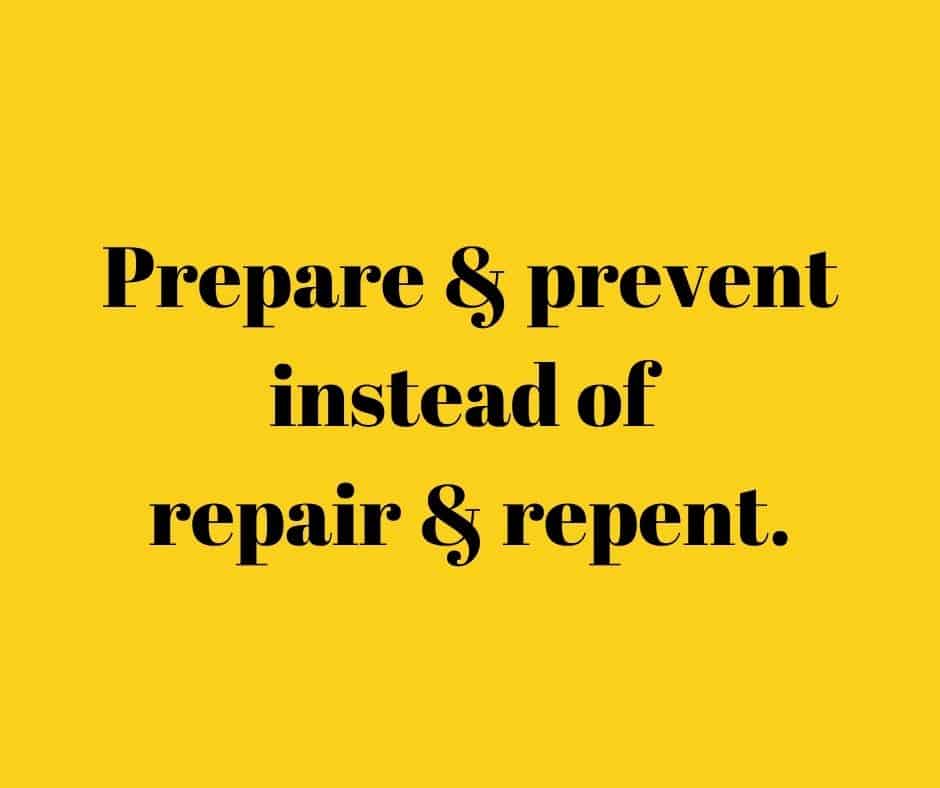
In Summary
It is paramount that employers obtain their own legal advice if:
- they are considering making coronavirus vaccinations mandatory in their workplace, or
- they operate in a coronavirus high-risk environment (for example, health care or meat processing).
For more information on the issues of the matter on vaccination in the workplace such as; Common questions: coronavirus vaccinations and the workplace safety requirements, including updates go to the following websites: FairWork Australia and Safe Work Australia.
“It’s best practice if everyone worked together as a team,
with the goal to prevent the chances of risk of infection.”

